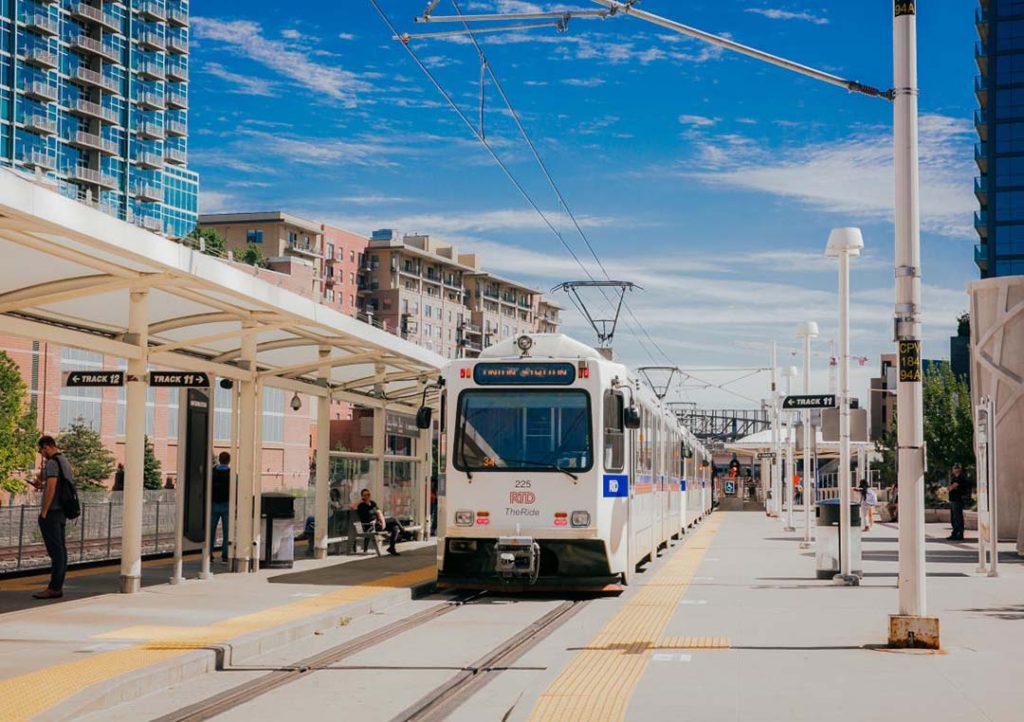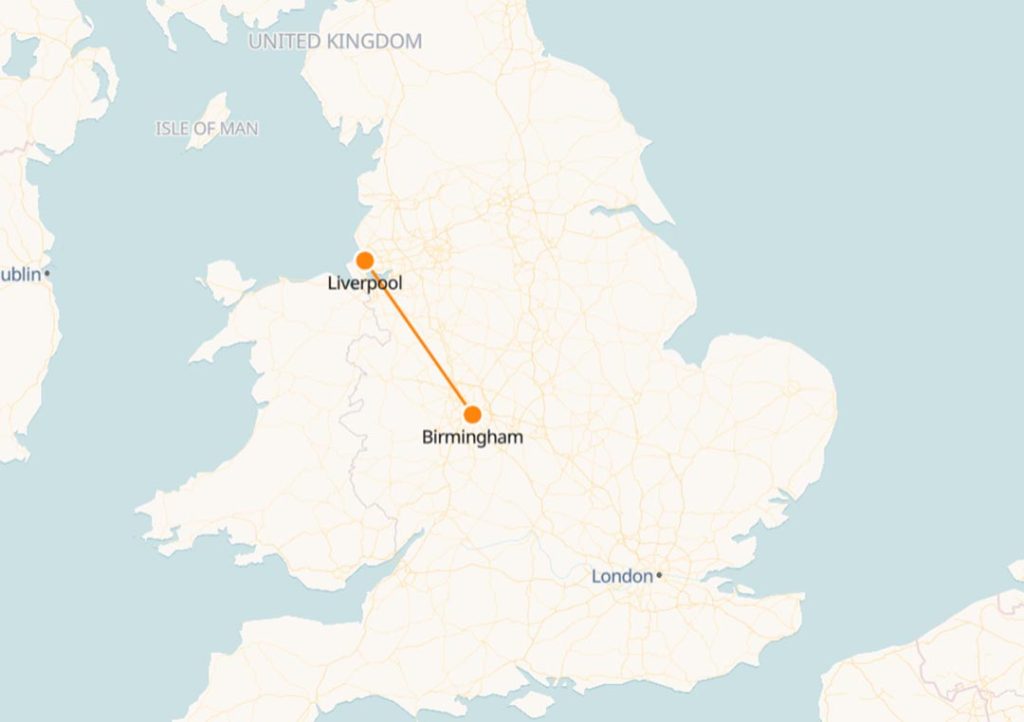Denver, the Mile High City, is a vibrant and dynamic destination that offers a wealth of experiences for travelers. From its stunning natural beauty to its thriving arts and culture scene, there’s something for everyone in this cosmopolitan metropolis. However, before you embark on your journey to Denver, there are several important considerations to keep in mind to ensure a smooth and enjoyable trip. In this guide, we’ll cover everything you need to know to prepare for your adventure in Denver, from planning your itinerary to packing essentials and staying safe during your visit.
Research and Plan Your Itinerary
Before you set foot in Denver, it’s essential to research and plan your itinerary to make the most of your time in the city. Consider what attractions, activities, and experiences you’d like to prioritize during your visit. Whether you’re interested in exploring the city’s cultural institutions, embarking on outdoor adventures in the nearby Rocky Mountains, or sampling the local cuisine, having a rough itinerary in place will help you make the most of your time.
Start by researching Denver’s top attractions, such as the Denver Art Museum, Red Rocks Park and Amphitheatre, and the Denver Botanic Gardens. Take note of their opening hours, admission prices, and any special events or exhibitions happening during your visit. You may also want to look into guided tours, outdoor excursions, and dining reservations in advance to avoid disappointment.
Book Your Accommodation in Advance

Once you’ve outlined your itinerary, it’s time to book your accommodation in Denver. Whether you’re looking for a luxury hotel in downtown Denver, a cozy bed and breakfast in a historic neighborhood, or a budget-friendly hostel for solo travelers, there are plenty of options to choose from. Consider factors such as location, amenities, and budget when selecting your accommodation.
Popular neighborhoods to stay in Denver include LoDo (Lower Downtown), Capitol Hill, and RiNo (River North Art District), each offering its own unique charm and attractions. Use online booking platforms like Booking, Expedia, or Airbnb to compare prices, read reviews, and secure your accommodation well in advance of your trip.
Pack Accordingly for the Weather
Denver’s weather can be unpredictable, with drastic temperature changes and frequent afternoon thunderstorms, especially during the summer months. Before packing for your trip, be sure to check the weather forecast for Denver and the surrounding areas to help you plan accordingly.
In general, it’s a good idea to pack layers, as temperatures can vary significantly throughout the day. Bring lightweight clothing for warm weather, but also pack a sweater or jacket for cooler evenings. If you plan to explore the Rocky Mountains or engage in outdoor activities, such as hiking or skiing, be sure to pack appropriate gear, including sturdy hiking boots, sunscreen, a hat, and plenty of water.
Stay Informed About COVID-19 Travel Restrictions
As travel continues to recover from the impacts of the COVID-19 pandemic, it’s crucial to stay informed about any travel restrictions or guidelines in place for Denver and the state of Colorado. Check the latest updates from reputable sources such as the Centers for Disease Control and Prevention (CDC), the World Health Organization (WHO), and local health authorities for information on vaccination requirements, mask mandates, and other safety measures.
Additionally, be aware of any specific requirements or restrictions for attractions, restaurants, and accommodations in Denver. Some venues may have capacity limits, reservation requirements, or enhanced cleaning protocols in place to ensure the health and safety of visitors.
Prepare for Altitude Adjustment
Denver’s elevation of 5,280 feet above sea level gives it the nickname “Mile High City,” but it can also cause altitude-related symptoms for some visitors, especially those coming from lower elevations. Common symptoms of altitude sickness include headaches, nausea, dizziness, and fatigue.
To minimize the risk of altitude sickness, consider taking the following precautions:
- Stay hydrated: Drink plenty of water before and during your trip to Denver to help your body adjust to the higher elevation.
- Limit alcohol and caffeine intake: Both alcohol and caffeine can exacerbate dehydration and altitude-related symptoms, so it’s best to consume them in moderation.
- Take it easy: Allow yourself time to acclimate to the altitude by taking it easy during the first day or two of your trip. Avoid strenuous activities until you feel comfortable with the elevation.
If you experience severe or persistent symptoms of altitude sickness, seek medical attention promptly.
Familiarize Yourself with Transportation Options

Denver offers a variety of transportation options for getting around the city and its surrounding areas. From public transit and rideshare services to rental cars and bicycles, there are plenty of ways to explore Denver’s attractions and neighborhoods.
The Regional Transportation District (RTD) operates an extensive network of buses and light rail trains that serve Denver and the greater metropolitan area. Consider purchasing an RTD day pass or multi-day pass for unlimited rides on buses and trains during your visit. Alternatively, rideshare services like Uber and Lyft are widely available in Denver and offer a convenient way to get around, especially for shorter distances.
If you prefer to have the flexibility of your own vehicle, consider renting a car from one of the major car rental companies located at Denver International Airport or downtown Denver. Keep in mind that parking can be limited and expensive in certain areas of the city, so be sure to factor that into your transportation plans.
Stay Safe and Respectful
While Denver is generally a safe and welcoming destination for travelers, it’s essential to stay vigilant and take precautions to ensure your safety during your visit. Keep the following tips in mind to stay safe and respectful:
- Be aware of your surroundings: Pay attention to your surroundings and trust your instincts if something feels off. Avoid walking alone in unfamiliar or poorly lit areas, especially at night.
- Secure your belongings: Keep your belongings secure at all times to prevent theft or loss. Avoid carrying large sums of cash or valuables, and use lockers or hotel safes to store important documents and electronics.
- Respect local customs and laws: Familiarize yourself with local customs and laws in Denver, including smoking regulations, alcohol consumption rules, and cultural sensitivities. Be respectful of the local community and its residents.
By taking these precautions and staying informed, you can enjoy a safe and memorable trip to Denver.
Preparing for your trip to Denver requires careful planning and consideration of various factors, from researching attractions and booking accommodation to packing appropriately and staying informed about travel restrictions. By following the tips outlined in this guide, you can ensure a smooth and enjoyable experience in the Mile High City, filled with unforgettable adventures and cultural discoveries. Whether you’re exploring world-class museums, indulging in local cuisine, or soaking up the natural beauty of the Rocky Mountains, Denver promises an unforgettable travel experience for visitors of all ages and interests.



